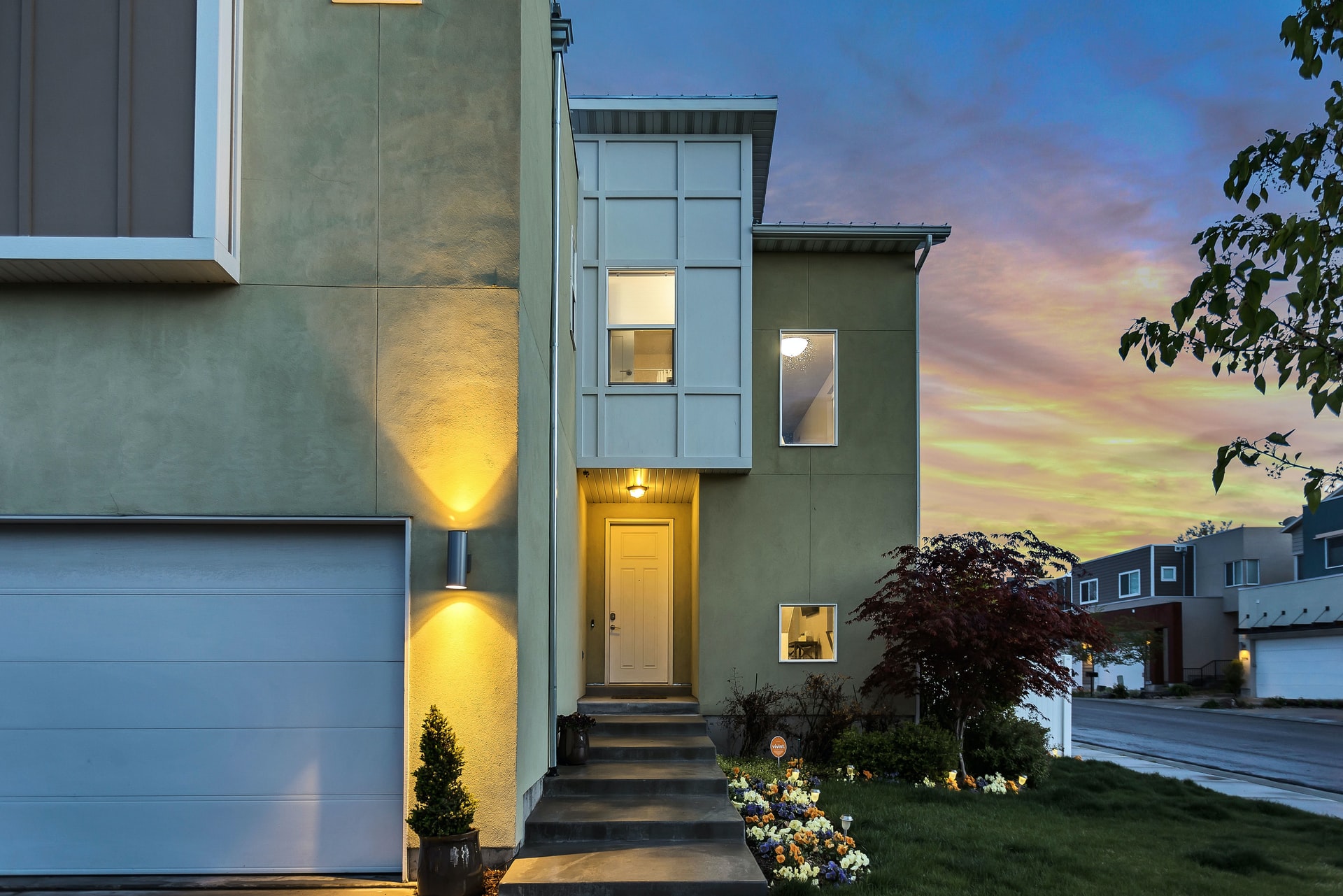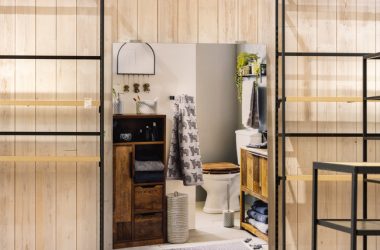Last Updated on: 22nd November 2023, 07:16 pm
Saving money can be incredibly difficult, but when you make yourself a solid plan and stick to it you can build your savings faster than you’d expect. When it comes to saving for a deposit to put down on a house, you need to be able to save up a big chunk of money, so We Buy Any House have put together some helpful ideas for you!
- Open a savings account
Having a specific savings account for your mortgage deposit will keep it separate to your other accounts, ensuring that it doesn’t get touched and will let the interest grow on it healthily while you continue to build your savings.
Choosing a specific account, such as a lifetime ISA, or a Help To Buy ISA if you opened one before the ending date, will help to boost your savings and give you contributions to the final amount that you save, to increase your deposit further.
- Know how much you’re aiming for
When you start to save, you should have a rough idea of what you’re aiming for so you can know when you achieve it and how long you expect it to take. This will differ depending on the area you want to buy and the property type that you’re looking to get, but generally your deposit needs to be at least 5% of the value of the house you want to buy.
Do some research and get an idea of average value, which will then let you calculate the total amount that you will need to save. As well as this, it’s important to remember that mortgage lenders will generally only lend you 4-5x your annual income, so if you’re on a lower salary and have hopes set on a more expensive property, you might need to adjust expectations.
- Set a budget
The key to effective saving is to see where you’re wasting money that you could be saving and to move forward with a plan, being able to add more to your deposit while still having some disposable income to enjoy each month.
Outline your income, and then minus your necessities, such as rent, council tax, insurance, utility bills, etc. While you may be able to reduce these slightly, these are all payments that you have to make and therefore aren’t where you want to focus on saving. Your disposable income is everything that’s left after these essentials, and this is the money that you can be firmer with.
To get a good grasp on where your money goes each month, log every payment that you make and then look at it at the end of the month. You’ll then be able to see where you can start to cut down, whether it be nights out, new clothing, or shopping sprees. At this point you can narrow down what you’d like to save each month and take it from this money, while still leaving yourself some cash – cutting all spending out will only make it harder, so make sure you still give yourself some disposable income to keep yourself going with your savings.
- Is renting worth it?
Generally, the biggest outgoing that we have each month is rent, which is why it can be so difficult for renters to save up a deposit for their own house. A popular method to speed up your savings is to move in with friends or family, allowing you to drastically lower your outgoings and build your deposit in a much shorter timeframe.
This isn’t the best option for everyone, which is why others may look at moving into a cheaper rental property while they save – living somewhere cheaper generally means it isn’t as nice, but when you know that it’s a short-term arrangement and that it will mean you can buy somewhere of your own, it makes it worth it.
- Increase your income
If you’re struggling to save money on your current income, then looking at ways to build it is another really popular way to help save up for a deposit. There are various ways that you can look to do this, either looking for other work that has a higher salary, or develop yourself a side-hustle to make extra money and save everything that you make from this, boosting your savings.
Others will increase their income by looking into investments or stocks, and while this can be a great option there is more risk that comes along with these options that you should be fully aware of before starting.
- Consider shared ownership
As a first-time buyer, saving the deposit for a property is incredibly difficult, especially if you live in an area where house prices are much higher. Looking into shared ownership properties can be a much better option for those who aren’t able to save up a big mortgage deposit but want to get onto the property ladder.
Shared ownership properties allow you to purchase part of the house while paying rent on the other part, which requires a lower deposit as you’re only buying some of it. Generally, you’ll have an option down the line to buy the rest of the house that you’re paying rent on, which can be much easier for those who are struggling to save the deposit but have the sufficient funds to pay for a mortgage.
The key to saving your mortgage is to make a solid plan and to stick to it. It’s a long-term commitment, but once you’ve achieved your goal and are able to move forward with your mortgage application, it will all be worth it!






